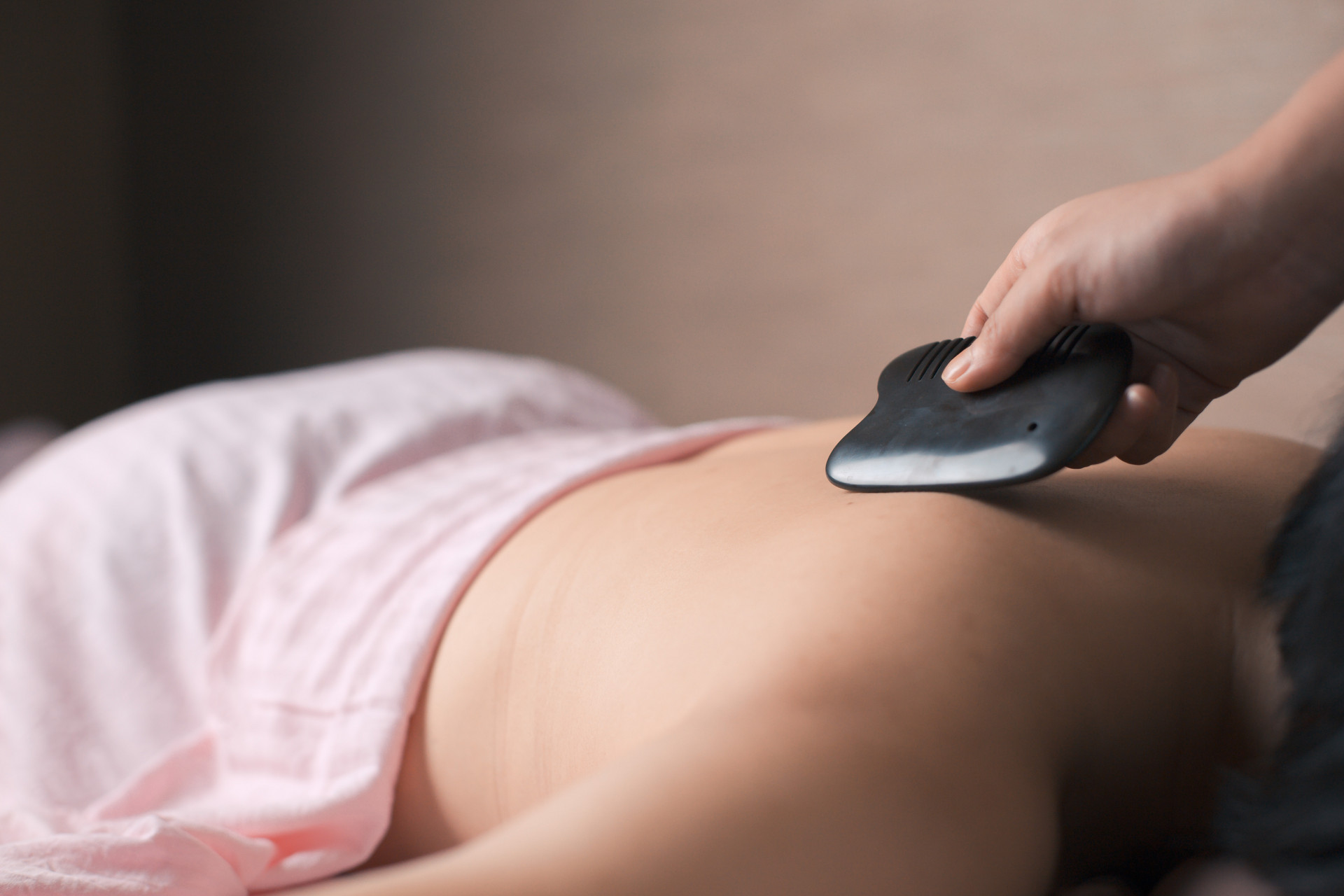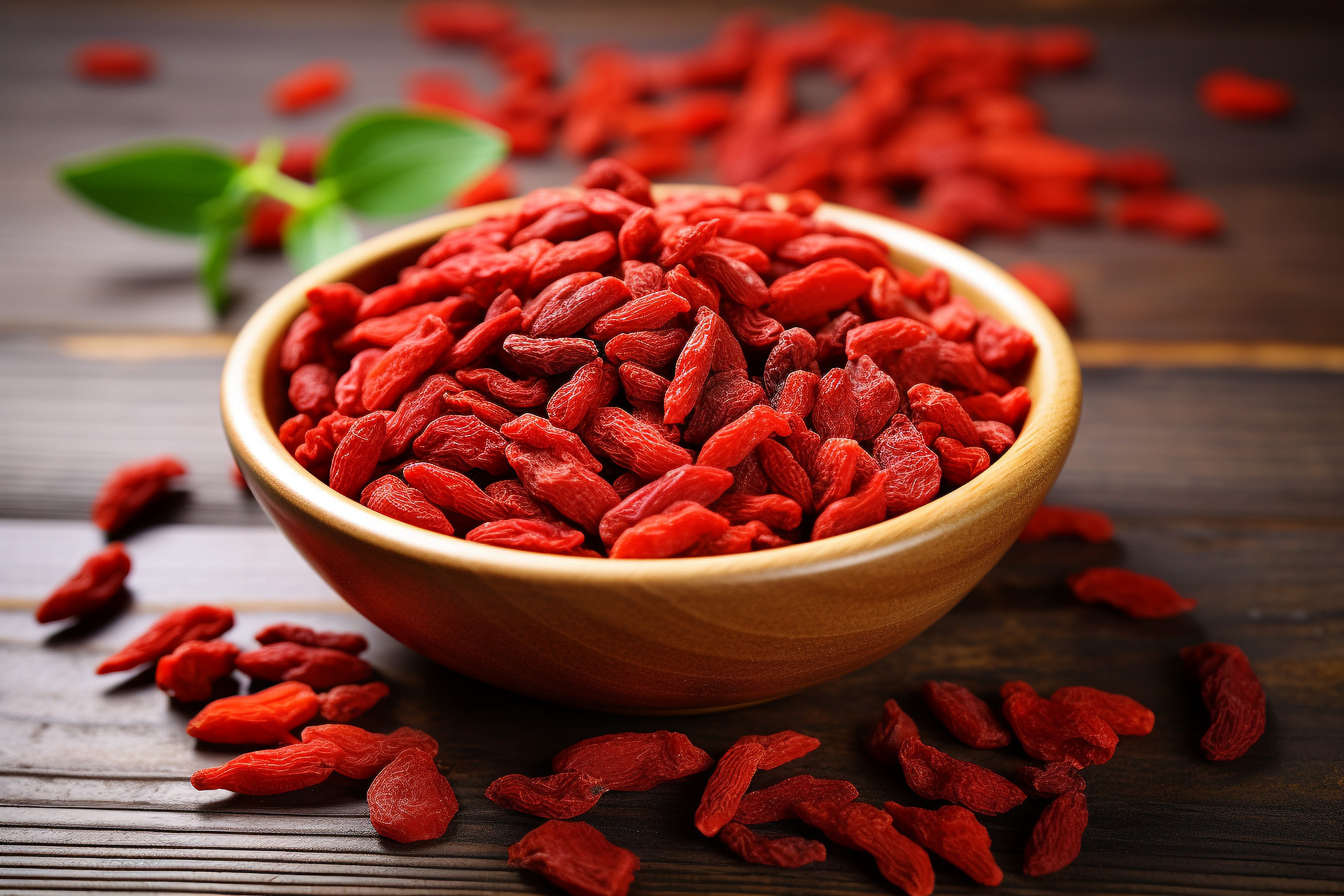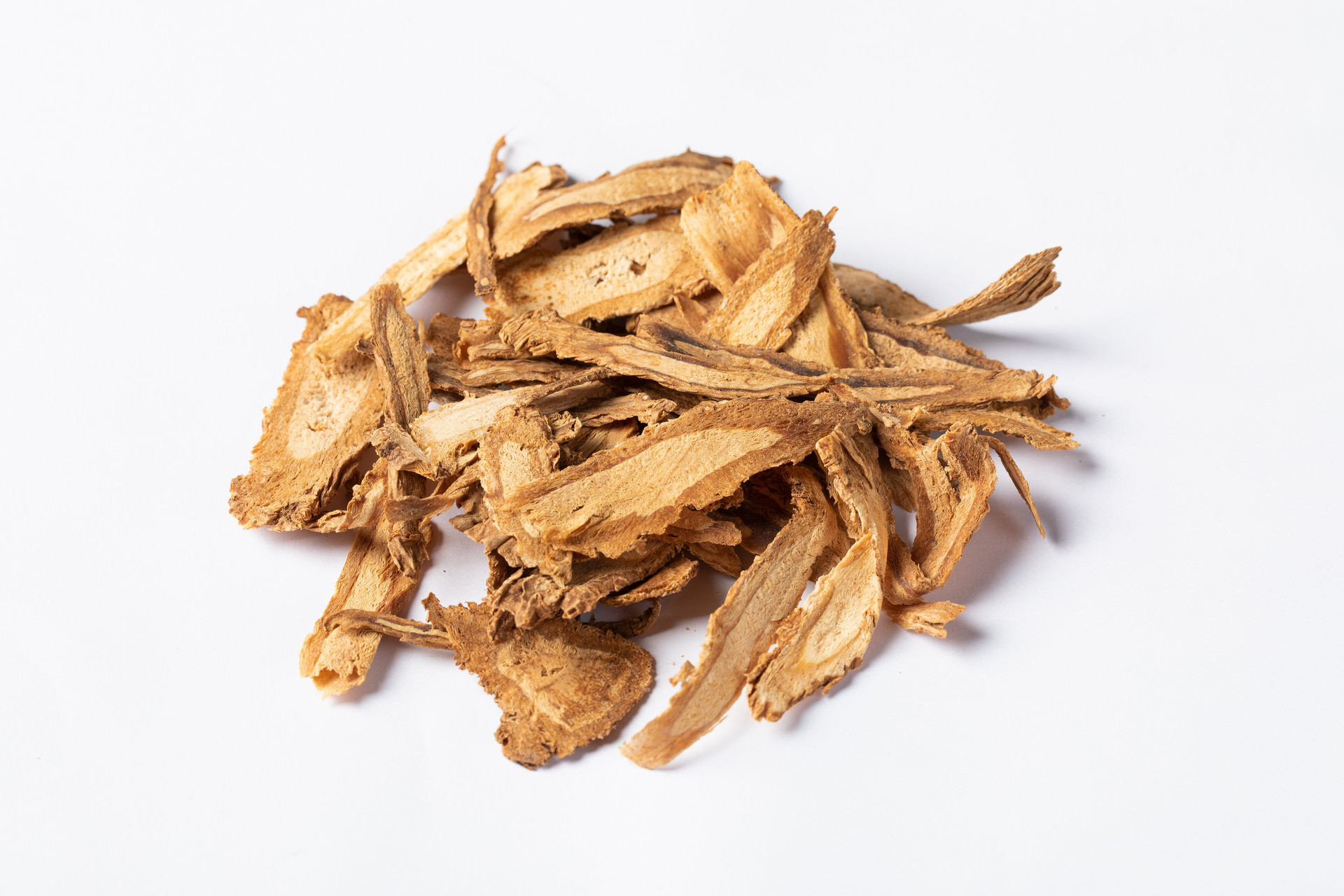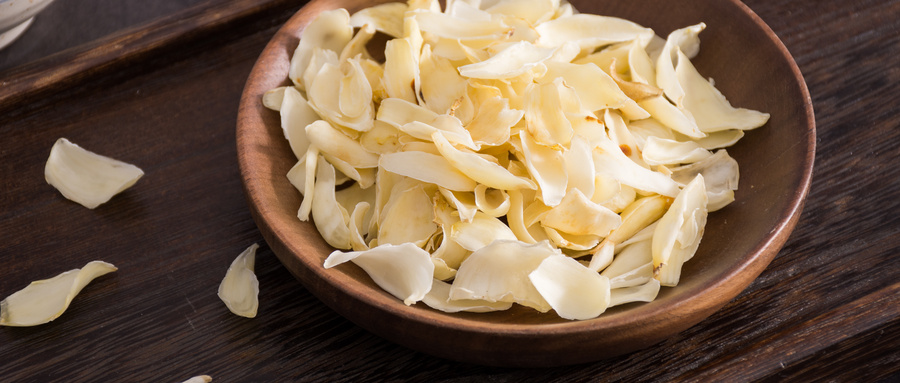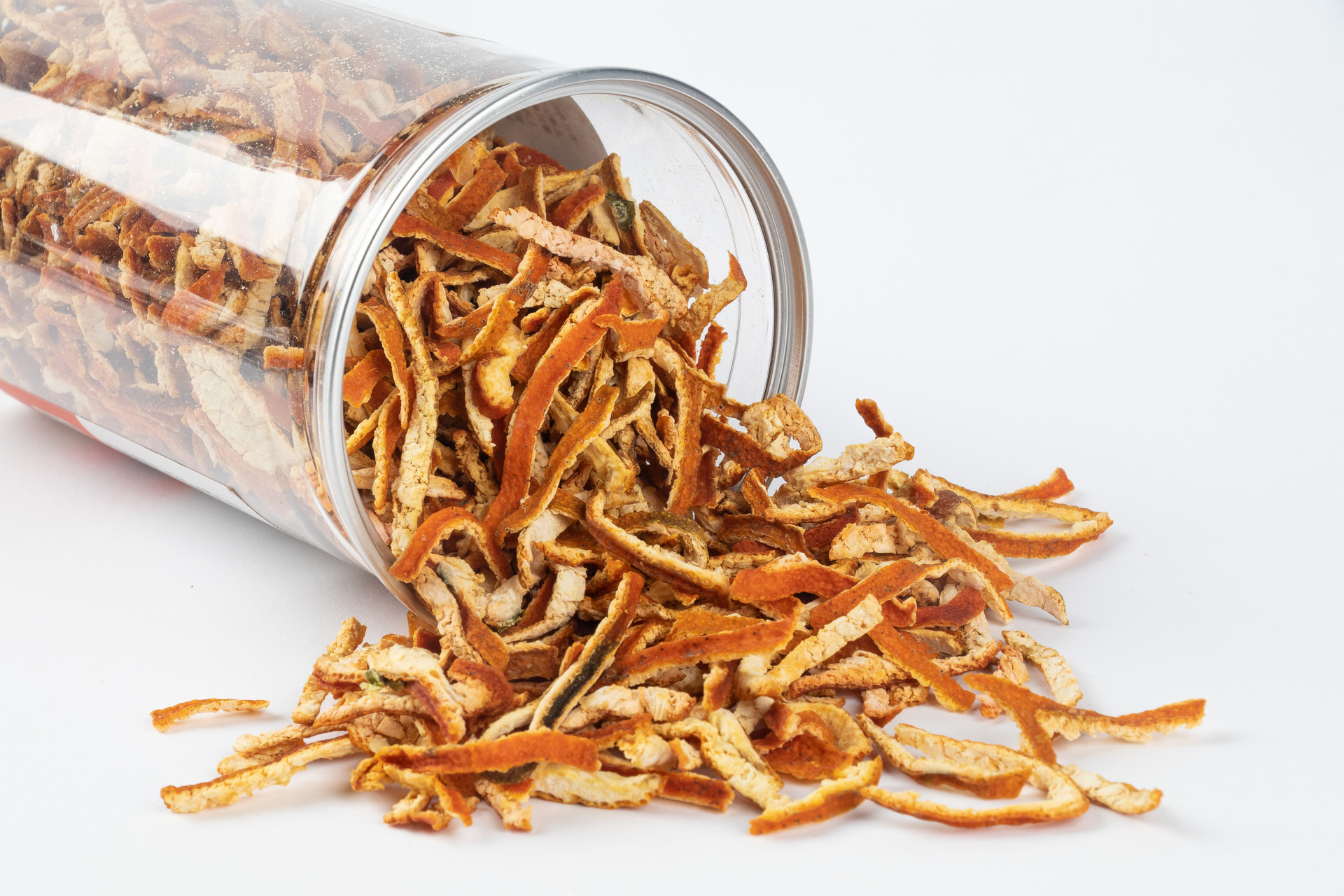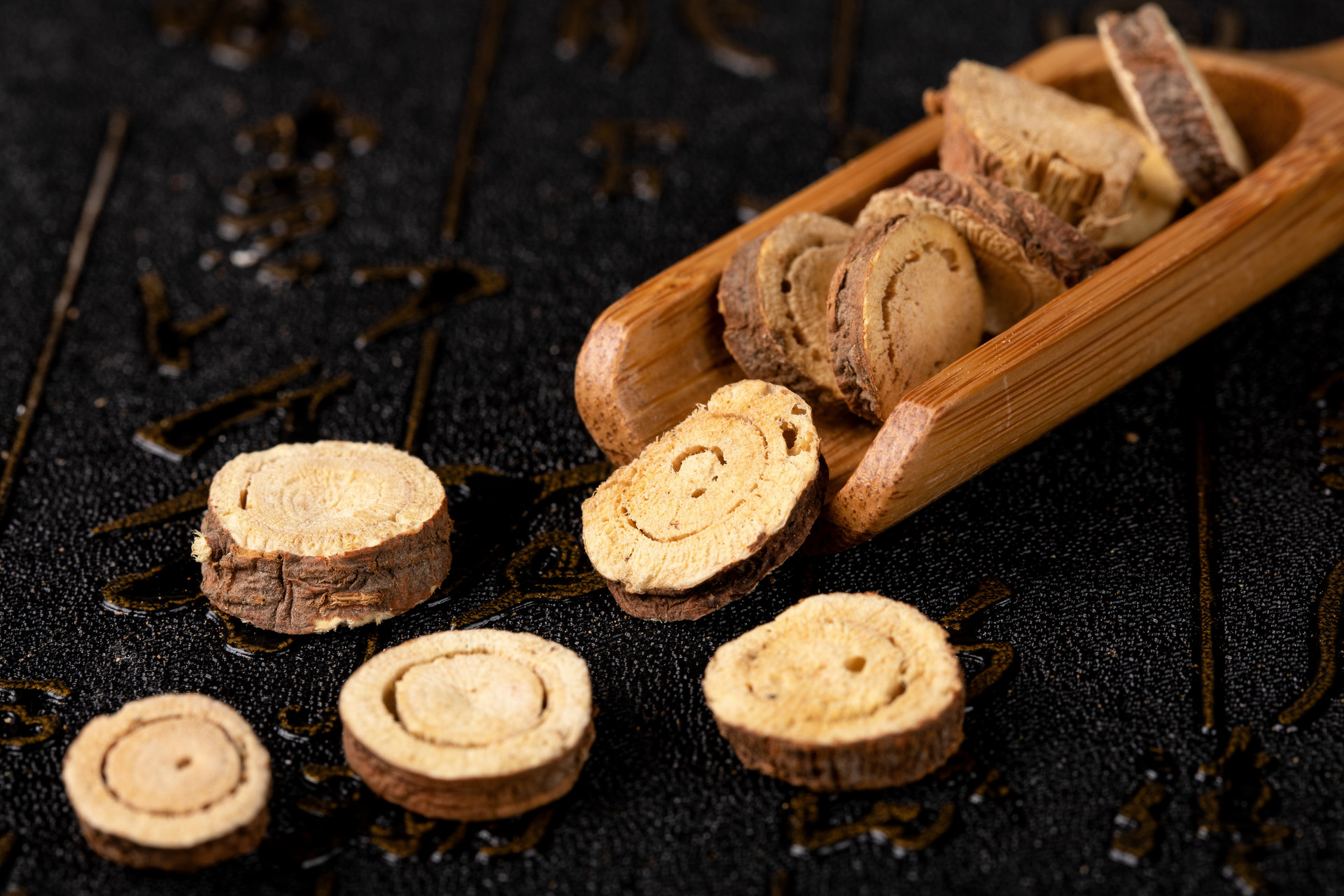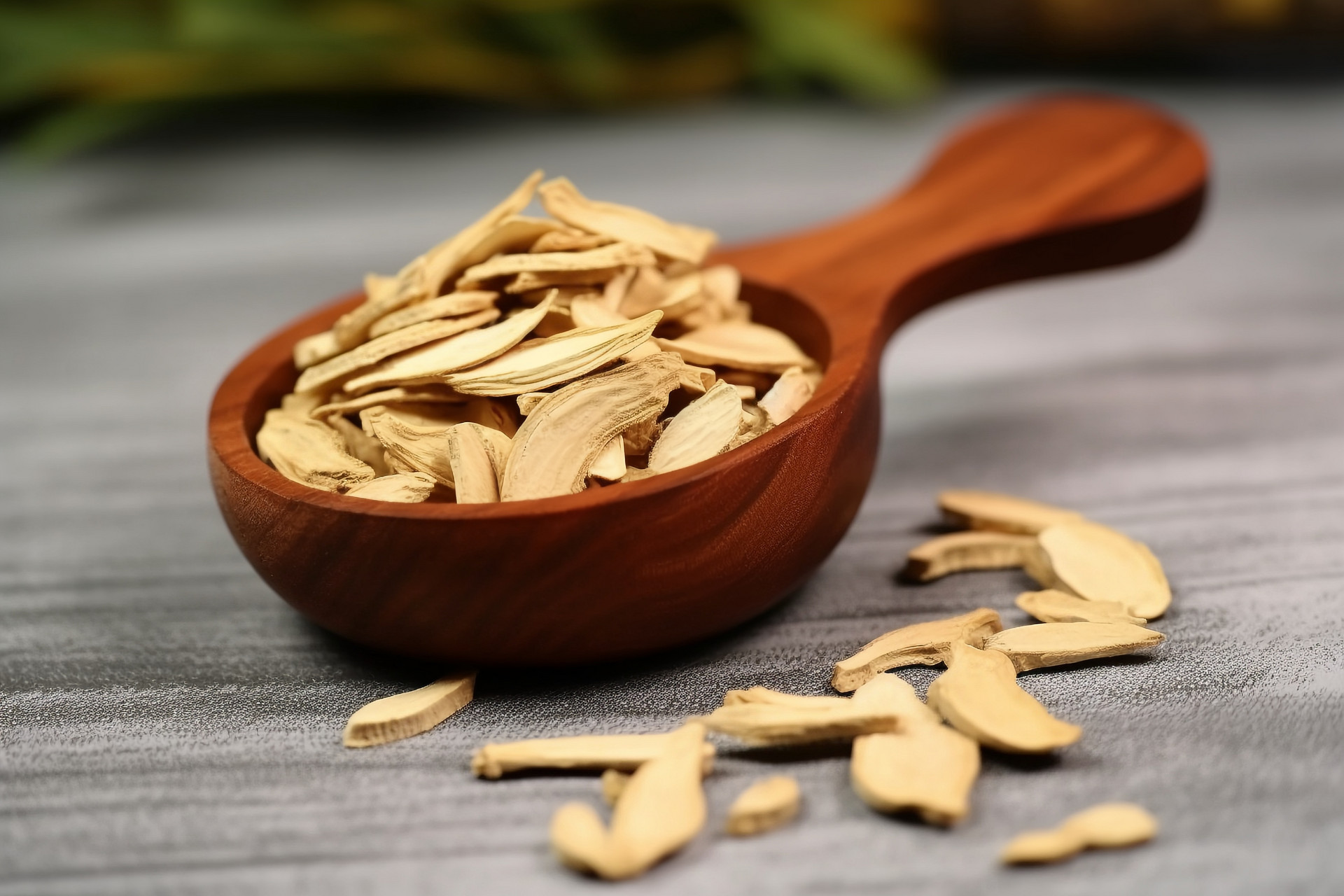Wu Yi, also known as Bai Wu Yi, is mentioned in the "Shen Nong's Materia Medica". It is the processed fruit of the plant Ulmus macrocarpa Hance, a member of the Elm family. The fruit is harvested in summer when it is ripe, dried in the sun, the membrane and wings are rubbed off, and the seeds are extracted. The seeds are soaked in water for fermentation, then mixed with 5kg of the bark of Ulmus macrocarpa, 15kg of red soil, and 2.5kg of chrysanthemum flowers. The mixture is blended with a suitable amount of warm water until it forms a paste-like consistency, which is then spread on a board to a thickness of about 1.3cm. It is then cut into square pieces with a diameter of about 6.7cm and dried.
[Processing Method] "Slightly stir-fried" according to the "Tai Ping Sheng Hui Fang". "Cleaned" according to the "General Micro Discussion on Pediatric Health". "Stir-fried" according to the "Pu Ji Fang". Currently, the original medicinal material is taken, impurities are removed, and dust is brushed off. When used, it is broken into small pieces.
[Appearance of the Medicinal Slice] It is a flat square block with a yellow-brown or brownish-yellow surface, with numerous small holes and gaps, and contains fibers and seeds. It is lightweight and has a brittle texture. The cross-section is yellowish-black and easily peels off in scales. It has a distinctive odor, with a slightly sour and astringent taste.
[Processing Effects] Wu Yi is bitter and pungent in taste, and warm in nature. It enters the spleen and stomach meridians. It has the functions of killing parasites, reducing accumulation, eliminating dampness, and stopping diarrhea. After processing, this product is mostly used raw. It is used for abdominal pain due to intestinal obstruction, pediatric malnutrition, chronic diarrhea, chronic dysentery, sores, and scabies. For example, the Wu Yi powder for treating heartache caused by roundworms in adults and children ("Qi Xiao Liang Fang"); the Wu Yi seed powder for treating pediatric roundworm disease ("Tai Ping Sheng Hui Fang"); the Hua Chong Wan for treating pediatric malnutrition and worms ("Sheng Ji Zong Lu"). In ancient times, stir-fried Wu Yi was also used, such as the Wu Yi pill for treating chronic dysentery and persistent worms ("Tai Ping Sheng Huan Fang"); the Fei Er Wan for treating loss of voice after convulsions ("Pu Ji Fang"). Processing improves the cleanliness of the medicine.



